Cold Weather Crisis: Everyday Habits That Put Unexpected Strain on Your Kidneys
When the temperatures drop and our days grow shorter, so much of our attention goes to staying warm, cozy, and comfortable. Yet, even as we slip into our winter routines, our kidneys work tirelessly behind the scenes, filtering out toxins, balancing vital fluids, and supporting nearly every aspect of our well-being. It’s easy to overlook these silent heroes—after all, most of us don’t connect cold weather traditions and everyday habits with kidney health. But the truth is, certain seasonal routines can quietly add up to unexpected kidney strain. From the foods we crave for comfort to the ways we manage seasonal sniffles and cabin fever, winter is packed with small choices that can add up over the course of a few chilly months. That doesn’t mean winter needs to become a season of anxiety or restriction. Rather, it’s an invitation to gently re-examine old habits and welcome new ones that serve both comfort and health. This expanded list explores the everyday patterns that may be putting extra pressure on your kidneys when the weather cools down. Each is paired with realistic, compassionate guidance—offering gentle reminders rather than pressure, and practical solutions suited for real, messy life. Because protecting your kidneys in winter isn’t about perfection—it’s about accumulating small wins, staying aware, and caring for yourself the way you’d care for someone you love.
1. Relying Too Much on Over-the-Counter Cold and Flu Remedies

When winter sniffles or a scratchy throat hit, it’s natural to reach for over-the-counter remedies. Many people assume these medications are risk-free simply because they’re easy to find at the drugstore. Yet, common options like NSAIDs (such as ibuprofen), certain decongestants, and even some cold-and-flu relief mixes can pose surprising risks to your kidneys—especially for those with existing kidney issues, high blood pressure, or diabetes. In the colder months, we tend to self-medicate more, and sometimes overlap medications without realizing how these compounds add up. Kidneys are the body’s filtration system for many over-the-counter drugs, but cold weather can lower our activity and fluid intake—making medication build-up more likely. Consider reading labels carefully and consult your pharmacist or healthcare provider before combining products or taking them for more than a few days. If you need relief, ask about kidney-safe alternatives, and remember that rest, warm compresses, and clear fluids are powerful tools, too. Your kidneys will thank you for the extra attention.
2. Letting Hydration Slip When It’s Cold Out
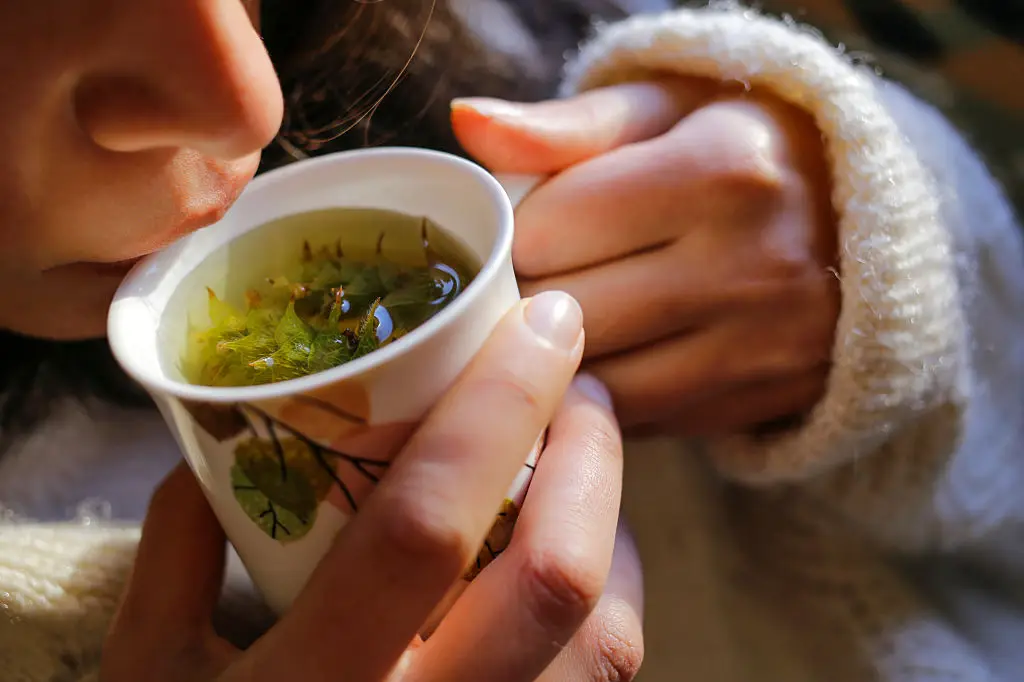
Do you find yourself drinking less water once the chill sets in? You’re far from alone. Our bodies actually lose a surprising amount of moisture during cold weather, partly due to dry indoor heat and partly because we feel thirsty less often. When we leave hydration on autopilot, even mild dehydration can tip the balance for our hardworking kidneys. Unlike the sweaty thirst of summer, winter dehydration often sneaks up as dry lips, headaches, or fatigue. Your kidneys need consistent fluids to filter waste well and regulate electrolytes. Try setting a timer as a gentle nudge, sipping herbal teas, or keeping a full water glass on your desk as a visual reminder. Check the color of your urine—it should be pale yellow. And if you’re enjoying stews, broths, or juicy fruits, those count toward your hydration, too. Prioritizing fluid intake in subtle ways can help your kidneys weather the season with ease.
3. Going Overboard on Salt in Comfort Foods and Winter Cooking

There’s something undeniably soothing about a bowl of soup or a sizzling roast during a cold night. Many classic winter comfort foods rely on generous sprinklings of salt—to heighten flavors, preserve ingredients, and deliver that savory satisfaction we crave. But too much sodium makes your kidneys work overtime, straining their delicate filtering systems and raising blood pressure over time. In the colder months, many people turn to canned, processed, or hearty foods that sneak in even more salt than expected. Try tasting before you add extra, swapping out salt for fresh or dried herbs, and exploring salt-free stock cubes when cooking at home. Savor the true flavor of ingredients like roasted vegetables or citrus zest. With a few simple tweaks, you can keep your comfort food tradition alive while giving your kidneys a well-earned break.
4. Eating Excessive Protein During Winter “Feast” Meals

Wintertime brings with it a flurry of special gatherings, hearty family recipes, and celebratory spreads—all of which tend to feature protein front and center. While protein keeps energy steady and supports muscle health, loading up on roast meats, heavy stews, and rich entrees for weeks on end can push your kidneys to process large amounts of metabolic waste. Your kidneys act as the final stop for protein breakdown, transforming leftover ammonia into a form the body can safely eliminate. Repetitively overshooting your protein needs (especially with red meats) raises the risk of extra kidney strain. You don’t need to abandon festive eating, just sneak in some plant-based proteins, consider smaller meat portions, and aim for at least a couple of meatless meals each week. Your kidneys (and your digestion) will appreciate the gentle balance, especially when celebrations linger beyond the holidays.
5. Ignoring Medical Conditions Like Diabetes or Hypertension During Seasonal Routines

It’s easy to let routines slip when winter holidays, travel, and shorter daylight hours rearrange our days. For people managing diabetes, high blood pressure, or other chronic conditions, these seasonal shifts may mean missed doses, skipped monitoring, or less frequent doctor visits. This matters, because the kidneys are especially vulnerable when blood sugar or pressure levels swing out of range—even temporarily. Rather than striving for perfection, aim for gentle reminders: Setting alarms for medication, keeping supplies somewhere visible, or using simple tracking apps. Embrace virtual appointments if getting out feels daunting. By tending to small details, you safeguard not just your kidney function, but overall energy and peace of mind throughout winter’s unpredictability.
6. Skipping Exercise When It’s Too Cold Outside

As the temperature drops and skies turn gray, it’s all too tempting to trade activity for hibernation. While a little extra rest can be restorative, long stretches of inactivity allow blood flow to slow and muscles to atrophy—both of which challenge the kidneys’ role in circulating nutrients and managing waste. Those sludgy, low-movement days also tend to invite other habits (like comfort snacking or less water intake) that raise the strain. Shift focus to what feels doable from home: Gentle stretching, dance breaks, online fitness videos, or mall walking all count. Even short sessions—just a few minutes of movement—can invigorate circulation. Consistency, not intensity, is the kidney-friendly goal when the weather outside is frightful.
7. Overindulging in Alcohol During Winter Gatherings

Toasts and festive spirits are part of winter’s charm for many, but it’s easier than we imagine to overshoot safe alcohol boundaries during cold-weather gatherings. Alcohol acts as a diuretic, wringing fluid from your system, while your kidneys work overtime to clear toxins out. Extra dehydration is a double whammy in cold weather, when you’re less likely to notice subtle fluid loss. Set a gentle drinking pace by alternating alcoholic beverages with glasses of water or sparkling nonalcoholic options. Track servings, pour smaller portions, and try fun seasonal mocktail recipes. There’s no shame in sitting out a round—just a small seasonal tweak can help your kidneys avoid winter wear and tear.
8. Forgetting to Monitor Medication Dosages When Sick or Weatherbound

Feeling under the weather or snowed in can jumble the best medication routines. Missed or doubled doses—especially of NSAIDs, antibiotics, and certain diuretics—can sneak up during cold months, risking unwanted kidney stress. The dangers grow if illness keeps you from eating or drinking normally, upsetting kidney chemistry when you least expect it. If you’re sick, less active, or have trouble keeping a routine, reach out to your healthcare provider before changing medication schedules. Never double up to “catch up,” and make use of pill organizers or alarms as memory aids. Open, honest dialogue with your healthcare team is a sign of self-care, not an inconvenience.
9. Not Recognizing How Indoor Heating Can Lead to Dehydration

Few comforts rival returning to a toasty home on a frosty day, but artificial heating comes with its own silent hazards. Heaters dry indoor air and quietly draw water from our bodies, even when we don’t feel sweaty or thirsty. That subtle, ongoing fluid loss forces the kidneys to concentrate urine and work harder to maintain balance. Place a glass or bottle of water where you spend the most time, and consider adding a humidifier to replenish the moisture lost in the air. Monitor the air in your home with a hygrometer if you’re curious, and open windows when weather permits to refresh airflow. Small tweaks to your indoor environment can keep your kidneys humming along, even as you enjoy every cozy moment.
10. Forgetting Fiber-Rich Foods That Help Kidney Health
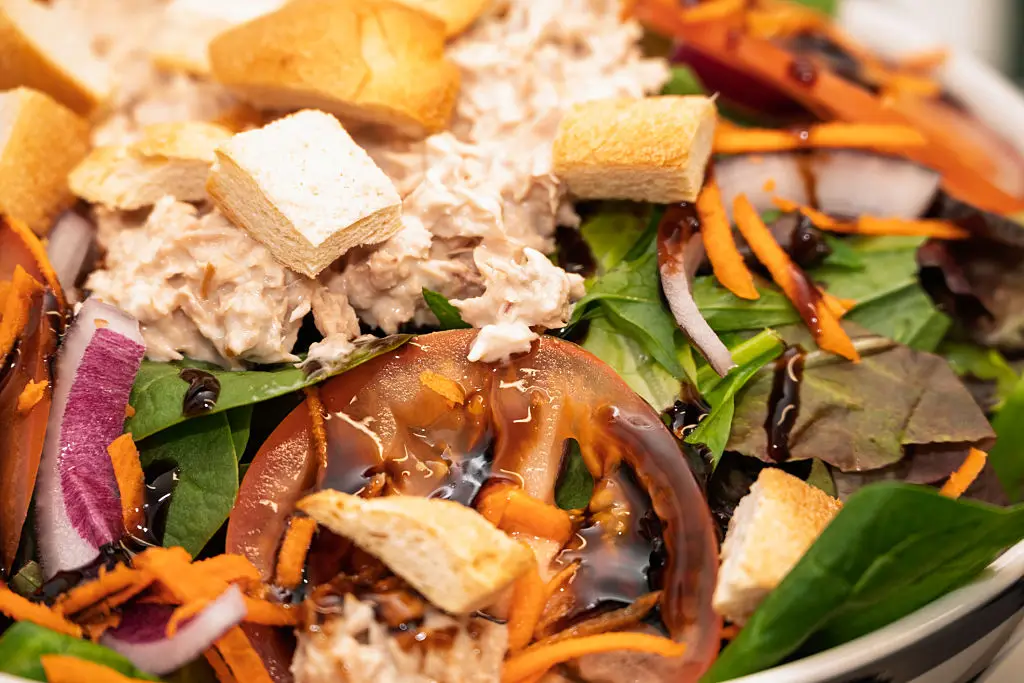
When salads feel unappealing and fresh produce costs more, it’s easy to let fiber-rich foods slide off your winter menu. Yet fiber is crucial for more than digestive health—by slowing sugar absorption and promoting regularity, it supports kidneys indirectly by buffering their workload. Embrace the humble winter vegetables: root veggies like carrots, beets, and parsnips are filling and supportive, even at their simplest. Frozen fruits and vegetables can be nutritious and cost-effective stand-ins. Add legumes, oats, or bran to your winter dishes for a fiber boost that doesn’t feel forced. A little creativity keeps both your meals and your kidneys satisfied.
11. Neglecting Annual Kidney Health Screenings—“Out of Sight, Out of Mind”
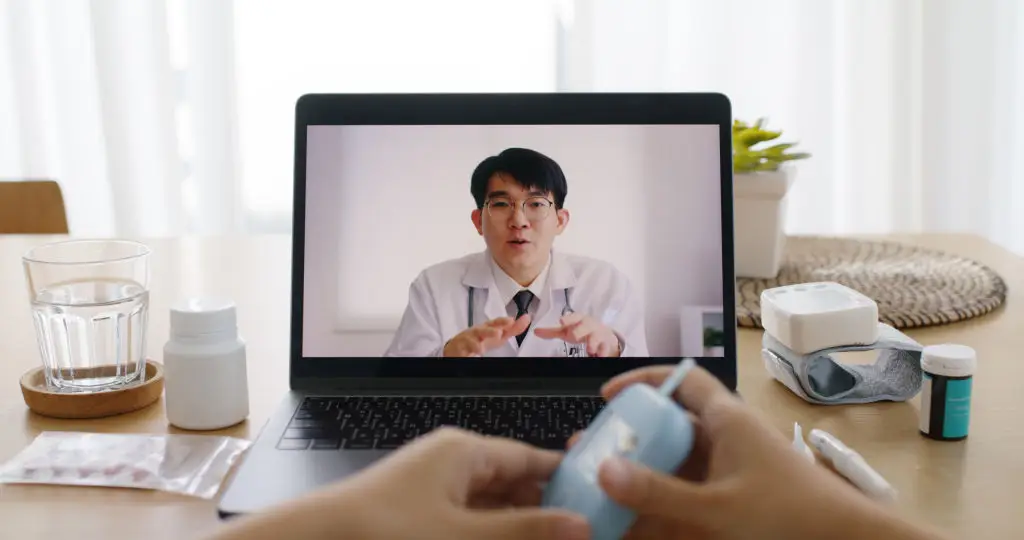
Preventive health checks often take a back seat during busy, unpredictable winters—especially if getting to the clinic feels inconvenient or risky due to weather. But the earlier you detect kidney strain, the more choices and control you have over your lifelong health journey. Many serious issues can be caught by simple tests before symptoms even begin. Consider scheduling routine kidney function screenings as part of your winter wellness plan. Telehealth appointments and drive-through labs are more available than ever, letting you get the info you need with minimal fuss. Framing screening as a gentle gift to your future self helps turn this “should do” into a habit worth celebrating.
12. Overusing High-Dose Vitamin C and Immune Boosters

It's common to load up on high-dose Vitamin C and zinc supplements to fend off colds during winter. While usually safe in moderation, excessive daily intake of Vitamin C (ascorbic acid) can metabolize into oxalate, which is normally filtered by the kidneys. In high concentrations, oxalate can contribute to the formation of kidney stones in susceptible individuals. Be mindful of the cumulative doses found across supplements, electrolyte mixes, and fizzy immune drinks. Focus instead on Vitamin C from whole food sources like citrus and bell peppers, and ensure you're drinking enough water to help flush any excess.
13. Increased Consumption of Hidden Phosphates in Processed Foods

When home-cooked meals decline, we often rely more on pre-made snacks, processed cheeses, and ready-to-eat meals, which frequently contain phosphate additives (used for texture or preservation). Unlike natural phosphate found in whole foods, these inorganic additives are nearly 100% absorbed and pose a significant burden on the kidneys, especially for those with reduced kidney function. Excess phosphate can draw calcium from bones and damage blood vessels. Look for ingredients containing "phos" (like sodium phosphate). Prioritizing whole, unprocessed foods helps your kidneys manage this hidden metabolic stressor.
14. Ignoring Persistent Bladder and Urinary Tract Symptoms

Cold weather and limited outdoor time can sometimes mask or exacerbate bladder issues. Holding urine for prolonged periods to avoid cold restrooms, or neglecting the early signs of a Urinary Tract Infection (UTI), is a subtle risk. Untreated UTIs can, in rare cases, travel upward, leading to a serious kidney infection (pyelonephritis). The symptoms (like burning, urgency, or fever) might be easy to dismiss during flu season. Never ignore persistent discomfort. Maintain good hygiene, and use the opportunity of warmer indoor settings to ensure you are voiding your bladder regularly and completely.
15. Rapid Weight Gain from Reduced Mobility and Comfort Eating

The combination of reduced daylight, increased comfort eating, and skipping exercise often leads to rapid, sustained weight gain over the winter months. Excess weight, particularly central obesity, strains the cardiovascular system and is a major, progressive risk factor for the development and progression of kidney disease. You don't need a drastic diet. Focus on damage limitation: Swap refined carbs for fiber-rich legumes, walk indoors (mall or large home store) for 20 minutes, and use small plates. Preventing rapid gain is a compassionate, protective measure for your kidneys.
16. Ignoring the Risk of Cold Exposure on Dialysis Sites
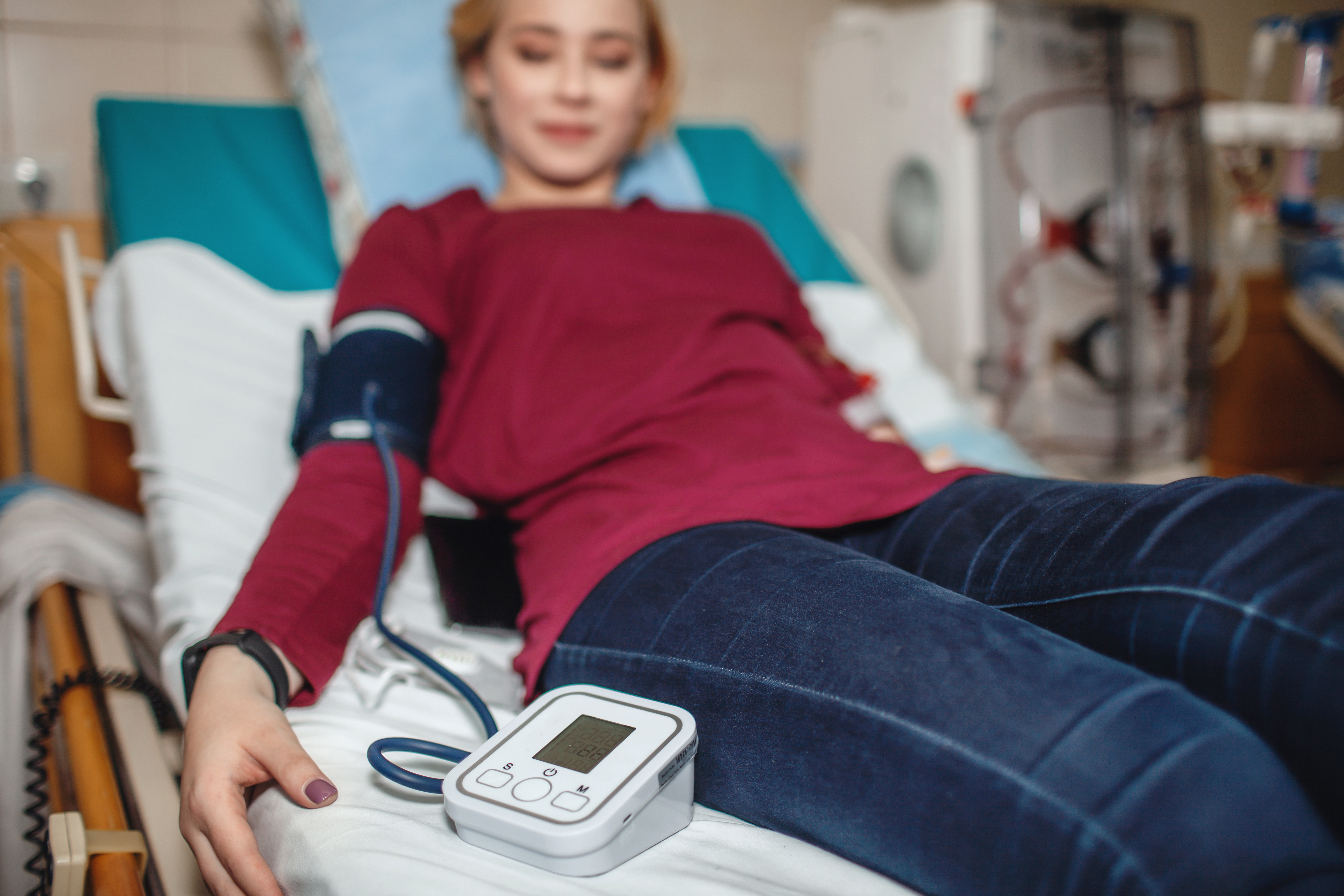
For individuals undergoing dialysis, cold weather introduces a specific, serious risk: cold exposure to vascular access sites (fistulas or grafts). Extreme cold can constrict blood vessels, reducing blood flow to the access site, which increases the risk of clotting or damage. Maintaining good blood flow is crucial for the effectiveness of dialysis and the longevity of the site. Patients must ensure these areas are adequately protected from the cold using layers, sleeves, or gloves, even when indoors or traveling short distances to the clinic.
17. Unmanaged Psoriasis and Severe Dry Skin Flares

Winter is notorious for triggering severe dry skin conditions, including flares of psoriasis and eczema. While primarily dermatological, chronic, widespread skin inflammation contributes to the body's overall systemic inflammatory load, which the kidneys must process. Furthermore, when the skin is severely dry or cracked, it impairs the skin's ability to synthesize Vitamin D from limited sunlight, forcing the kidneys to work harder to regulate calcium and phosphate balance. Treat dry skin aggressively with moisturizers and consult a dermatologist for severe flares to reduce this systemic burden.
18. Exposure to Sudden, Extreme Temperature Swings
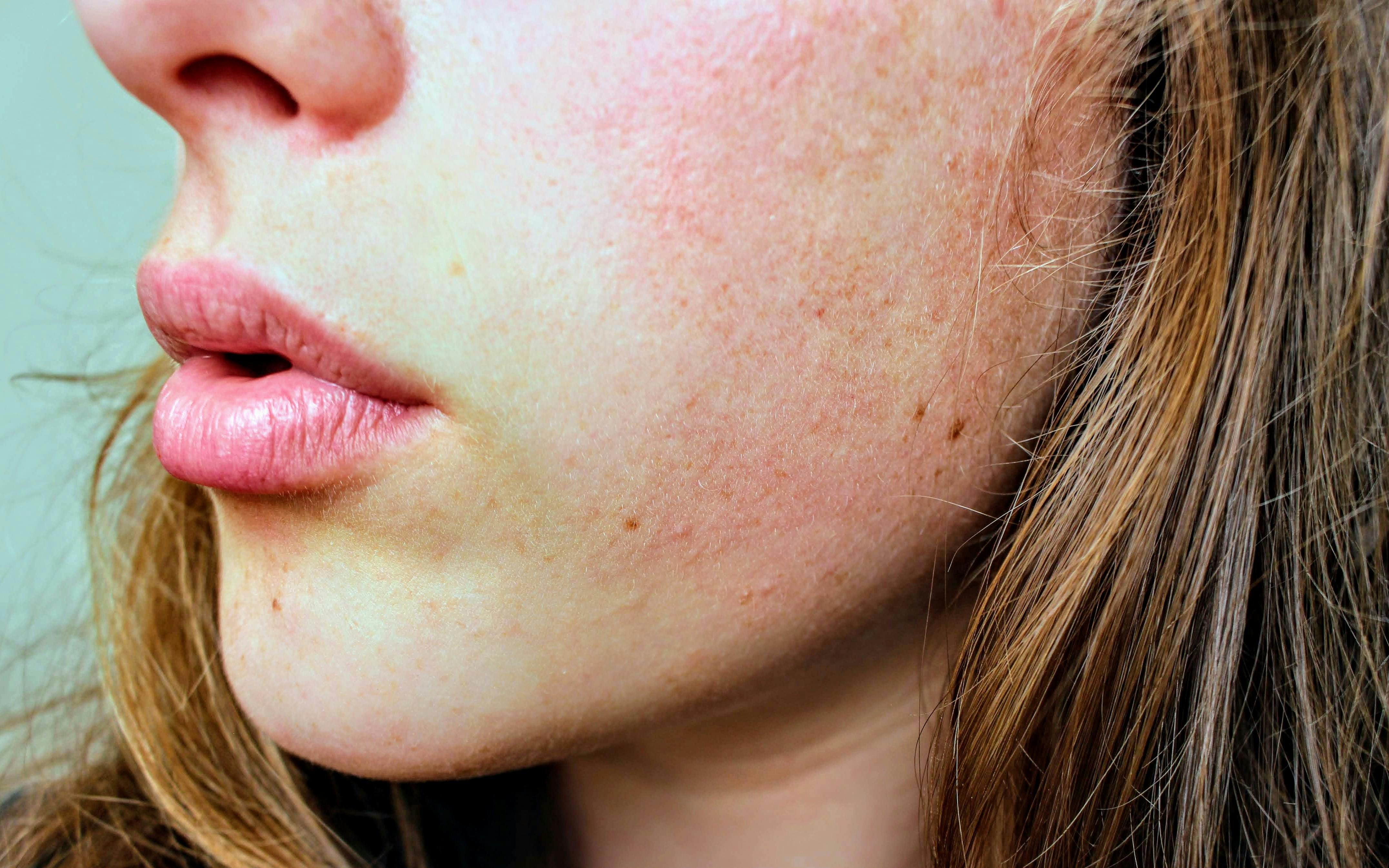
Moving abruptly from a very cold environment (like outdoor air) into a very hot, dry indoor space can trigger sudden blood pressure spikes or drops. The kidneys are crucial regulators of blood pressure, and these rapid, unmanaged fluctuations—especially with pre-existing hypertension—can stress the small blood vessels within the kidney's filtering units (glomeruli). Dress in layers when going outdoors to minimize the intensity of the temperature shock. This helps your body and your kidneys manage the necessary vasoconstriction and vasodilation more gradually.
19. Relying on Heating Pads and Hot Baths for Chronic Pain

While soothing, prolonged use of high-heat sources like heating pads, electric blankets, or overly hot baths to manage winter aches can be counterproductive for kidney health. Intense, localized heat can temporarily lower blood pressure and divert blood flow away from the core organs, including the kidneys. This reduced blood flow (ischemia) can be damaging over time, particularly if you are already slightly dehydrated or have underlying kidney issues. Limit the duration of high-heat therapy and prioritize using warm, moist heat for shorter, targeted periods to minimize systemic strain.
20. Neglecting Low-Level Chronic Pain and Inflammation

The general aches and joint stiffness that worsen in cold weather often lead to increased low-level chronic inflammation. Even if you avoid NSAIDs, ignoring this persistent, dull pain keeps the body in a low-grade stress state. Chronic inflammation is directly linked to the progression of kidney damage over many years. Instead of just tolerating the pain, use gentle, non-pharmacological methods daily: light stretching, magnesium supplements (if medically cleared), and anti-inflammatory foods (like turmeric or ginger) to actively lower the body's baseline inflammatory level and reduce the workload on your renal system.
21. Reduced Sunlight Exposure Inhibiting Active Vitamin D Production

Your list mentions Vitamin D deficiency, but the risk extends beyond low levels: the kidneys are responsible for the final activation of Vitamin D (calciferol) into its usable hormone form. During winter, when sunlight is weakest and skin exposure is minimal, the kidneys must work with reduced precursor materials. This impaired activation cycle stresses the kidneys' hormonal duties. Supplementing with a recommended daily dose of Vitamin D during the winter months, when natural synthesis is impossible, directly supports the kidney's critical function in bone and calcium metabolism.
22. Relying on High-Sodium Hot Beverages and Broths for Warmth
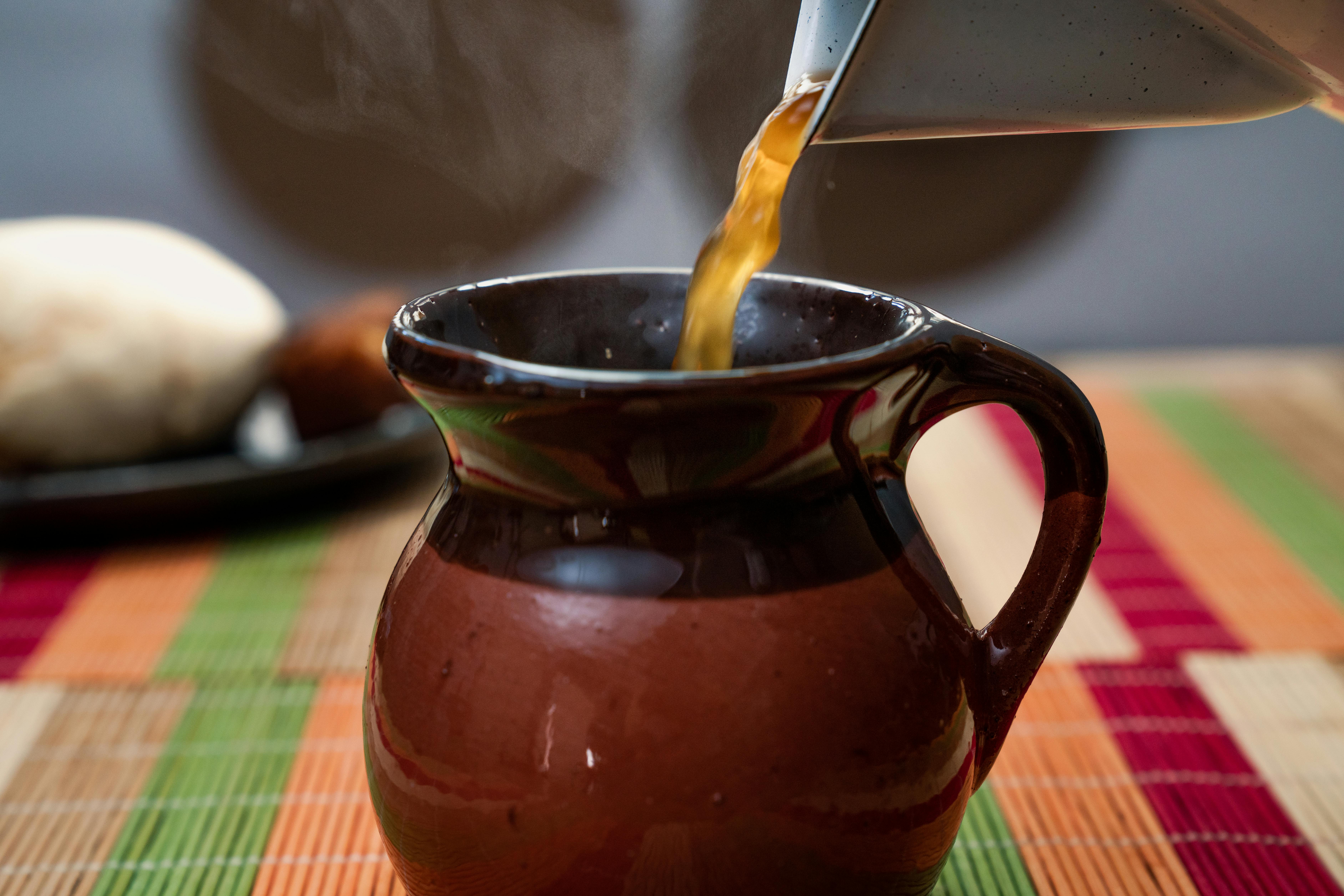
When feeling chilled, many people turn away from water and instead rely heavily on hot, savory, and often highly processed beverages like instant soup mixes, bullion cubes, and canned broths for warmth and hydration. While temporarily comforting, these options are typically loaded with excessive sodium (sometimes 800mg or more per serving). This concentrated salt intake creates a rapid fluid-electrolyte imbalance, forcing the kidneys to pull extra water from the body to flush the sodium load. The combination of high sodium with the often low fluid volume (since you drink less when cold) accelerates the dehydration process and places significant, immediate strain on the filtering units. For a kidney-friendly warm-up, opt for low-sodium homemade broths or plain herbal teas.
23. The Body’s Natural Cold Diuresis Response

When exposed to cold (even moderately cold), the body initiates a little-known process called cold diuresis. This is an evolutionary mechanism where your body senses the cold and temporarily constricts blood vessels on the skin's surface to conserve core heat. This shift makes the central blood volume appear higher to the kidneys, which then automatically increase urine production to shed the perceived "excess" fluid and lower blood pressure. The unintended consequence is rapid, often unnoticed fluid loss. This process exacerbates any existing winter dehydration, forcing the kidneys to work harder to concentrate waste while they are actively being told to shed fluid. Dressing warmly to avoid the initial strong cold shock helps reduce this reflexive fluid dump.
A Season of Kindness for Your Kidneys

Winter’s routines aren’t set in stone—they’re always evolving and waiting for thoughtful, gentle updates. The items in this list aren’t meant as a source of guilt or fear, but as friendly reminders that even small changes can ripple into remarkable results for your kidney health. It’s natural to slip up, to choose comfort, or to let routines relax during darker months. The beauty is in noticing, adjusting, and inviting new habits when the season allows. Each glass of water, mindful meal, or moment of movement adds up. Every check-in with your body, your medicines, and your healthcare team builds a buffer for the vital work your kidneys do—work that often goes unseen but deserves our appreciation all the same. As you settle into these colder days, may you find ways to nurture both comfort and well-being, knowing that each step is an act of kindness your body will remember long after the snow has melted.